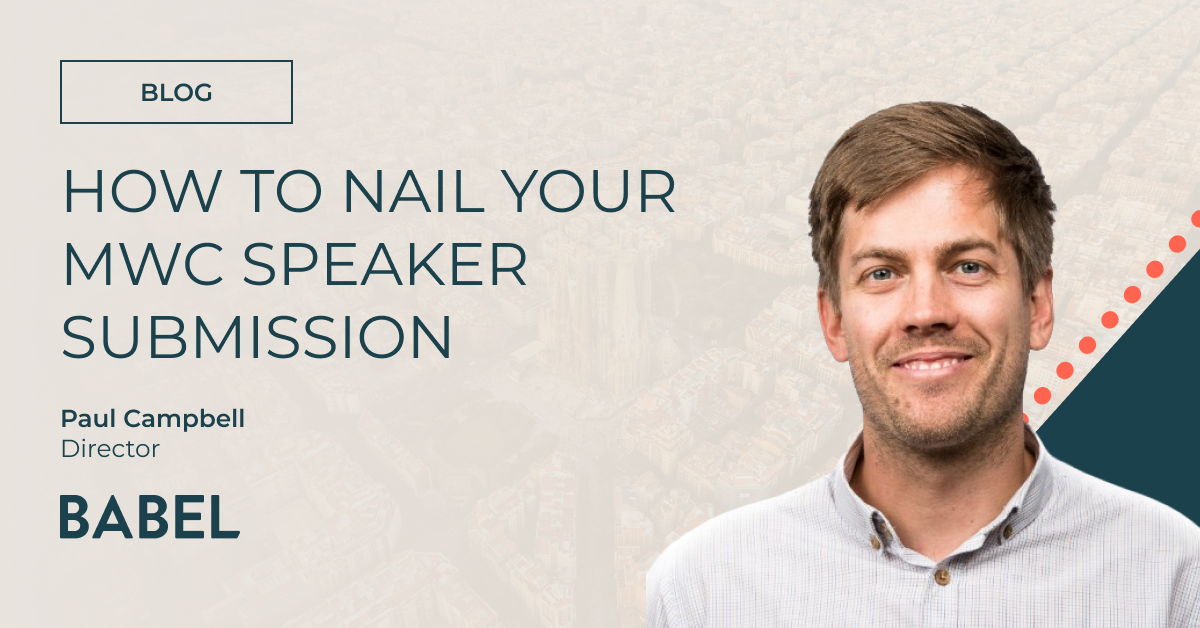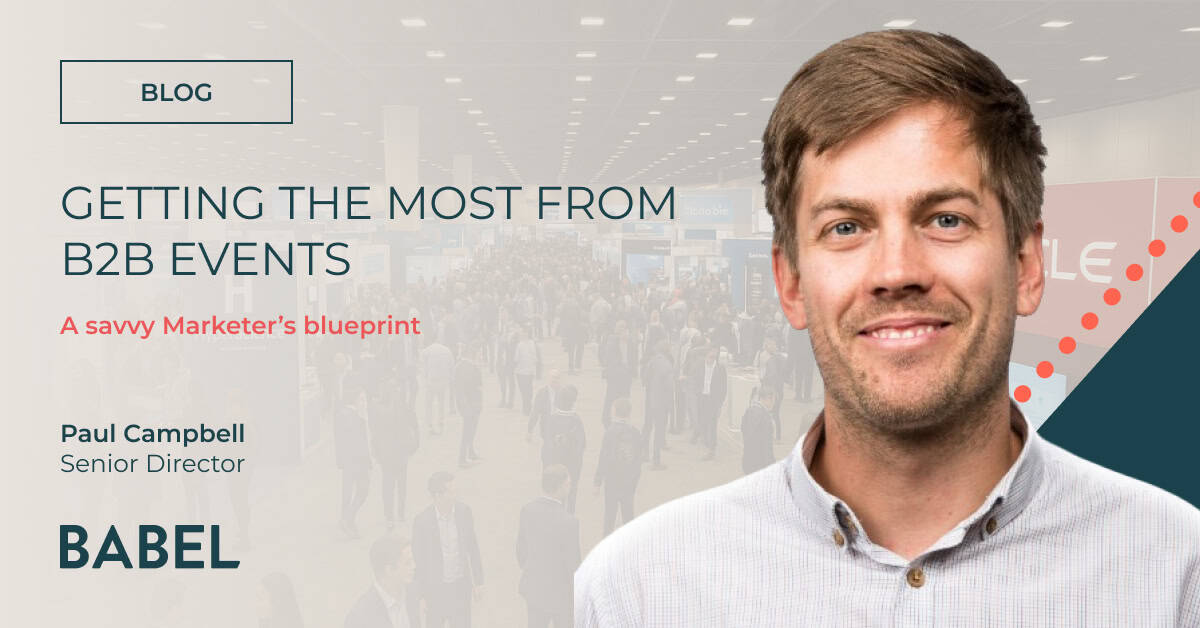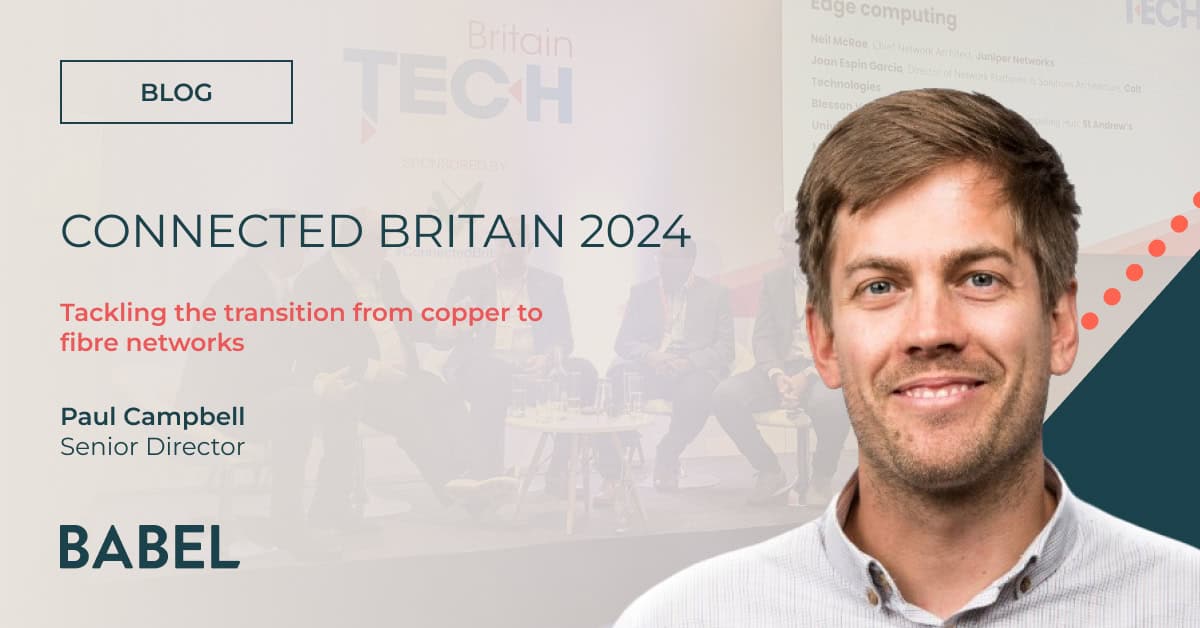A Reality-check on how to organise a successful product launch
As a PR, I always have a strong feeling of apprehension directly before a press conference, praying that journalists will turn up and the room will be filled. You've spent weeks on the phones touting the launch of the century, but there could always a bigger story, right? Particularly if you're organising a press conference at Mobile World Congress (MWC), the largest telecoms event in the world, where every telecoms and technology company you can think of is hustling for attention.
That is the challenge we faced in February this year. We were launching Epson's new Augmented Reality (AR) smart glasses. But who wouldn't want to hear about that?
A full room of journalists at the press conference on day one of Mobile World Congress affirmed we had nothing to worry about. Cameras were out. There was a buzz of anticipation in the air. Perhaps there was someone answering my prayers!
Despite being mainly acknowledged as a leading provider of printers and projectors, Epson has been developing some pretty nifty AR smart glasses for the past few years, under the brand name Moverio. They give users a real-time virtual digital overlay on the world, transforming what they physically see before them. Targeted at businesses, developers can design applications to meet their specific needs.
However, with perceptions of wearables tainted by the failure of Google Glass, Epson needed a launch that would prove its smart glasses were the real deal, not just hype. And that's where Babel came in. To make people care about the product launch, we needed to raise awareness of Epson as an innovator in the wearables space, and also show the media that the real opportunity for AR smart glasses lies in the business marketplace. It was going to be an enjoyable but challenging campaign.
We knew that the technology powering Epson's smart glasses was seriously impressive, but it was this, in combination with the business use-cases for the glasses that made for an even more remarkable story.
Prior to launch, Epson smart glasses were already being used across various industry sectors, helping staff to work smarter and improve the customer experience. For example, in healthcare the smart glasses are used to assist the visually-impaired to see, by outlining obstacles. They are transforming the retail experience by enabling customers shopping online to see 'through the eyes' of the sales person in store. And they are changing the exploration of heritage sites in the tourism industry, by digitally reconstructing buildings and artefacts that they see through the glasses. The uses cases are broad and all equally unique and interesting.
These were the kind of stories that we needed to reach media and the business community with, to boost Epson's visibility in the smart glasses market. Fortunately, Epson has customers that are huge advocates of the technology and wanted to shout about it. We took this opportunity to organise an 'Augmented Reality Showcase' in London, where a selection of developers shared stories of how they have created applications for the glasses, which are being used by businesses around the world.
The interest from media in the event was high and we were able to secure the attendance of both mainstream business and technology press. The Independent, Business Reporter, IDG Connect and Computer Weekly were among those that came along. It was a hit!
The event was a great platform to raise awareness of the Moverio glasses and what they can do. However, we also wanted to generate a fixed stream of coverage in the business and trade press in the run up to MWC. To achieve this, we created a campaign of thought leadership activity, working with Epson to develop compelling content, focussed on how augmented reality can improve business. This included predictions for the wearables industry for 2016; a piece about how augmented reality can improve education; and content about the relationship between augmented reality and the IoT.
Ahead of the BT-300 launch at MWC, we managed to secure a broad spread of coverage for this content in publications including The Sunday Times, the BBC, TechWorld and Education Technology. The media and business community were now recognising Epson as a leader in Augmented Reality smart glasses. The final hurdle was the press event and briefings for the Epson at Mobile World Congress - the culmination of the whole campaign.
Our preparation paid off. We secured over 55 media and analyst briefings for across EMEA, a variety of high-profile journalists receiving hands-on demos, and a staggering 667 pieces of coverage in a number of prominent titles around the world. Oh, and 65 press attendees at the press conference - a full house!
This project was a valuable lesson. If you want to launch a product, you can't just rely on a press conference. You have to generate a conversation about the value that the product can bring to the marketplace, creating a runway for what is about to come. Working on this campaign has definitely helped me realise the full set of ingredients to create a successful launch. It has set the standard for projects to come.


.jpg)


